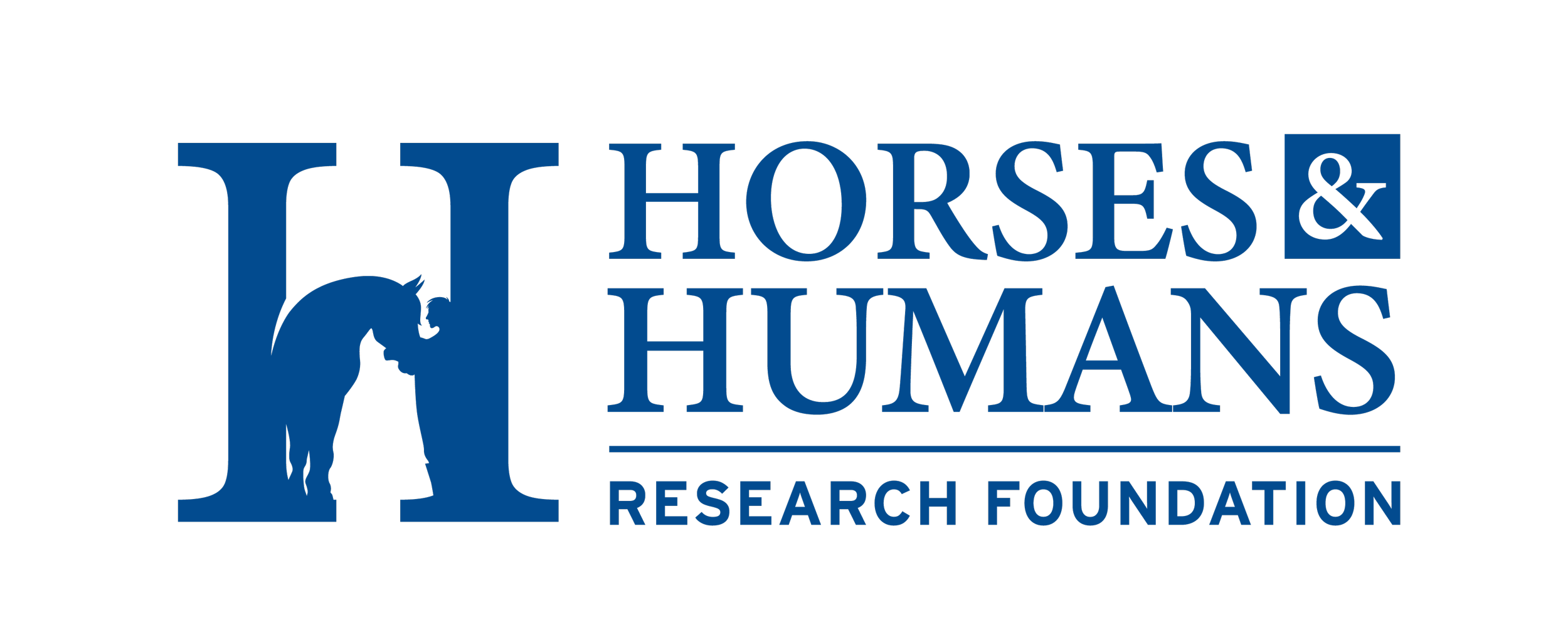Therapeutic Horseback Riding as a Complementary Intervention for Military Service Members with PTSD
This research project investigating therapeutic riding for veterans, conducted by principle investigator Dr. Beth Lanning of Baylor University, was recently published in Human-Animal Interaction Bulletin. The study Therapeutic horseback riding as a complementary intervention for military service members with PTSD was funded by the Horses and Humans Research Foundation.
The research found that the participating veterans with combat-related post-traumatic stress disorder were less anxious and depressed and had an improved quality of life after an eight-week therapeutic horseback riding program. Data revealed clinically significant improvements in depression and post-traumatic stress symptoms in the veterans who participated in the therapeutic riding program compared to those who did not participate.
The finding is momentous because combat-related PTSD in military service personnel remains a national public health concern. Mental health diagnoses among active duty military personnel have increased by 65 percent during the past decade according to the Armed Forces Health Surveillance Center. Further, the U.S. Department of Veterans Affairs estimates that 20 veterans commit suicide every day.
The study included 89 participants in two groups. The eight-week horseback riding program consisted of weekly 90-minute sessions lead by a riding instructor certified by Professional Association for Therapeutic Horsemanship International (PATH). Additionally, each horse-rider pair was accompanied by a trained volunteer who was a military service member not participating in the study.
Researchers of a previous study examining PTSD treatments found that a little more than half of the individuals who enrolled in and completed traditional therapy no longer met the PTSD criteria after completing it. While encouraging, the failure rate is still high, and many veterans do not seek traditional therapy for mental issues, Lanning said. Alternative and complementary interventions should be considered as possible treatments to improve mental and physical health. Animal-assisted activities and therapies, specifically with horses, are viable and potentially effective intervention options for various populations, she said.
The therapeutic effects of equine-assisted interventions can be best summed up by the veterans’ own words, said Lanning, citing them.
“. . . the program (therapeutic riding) has been the first that lets me totally forget about things and slows the racing thoughts. I didn’t have reminders (of trauma) keep popping in.” — Veteran participant
“I was at the point where I was desperate, depressed, hopeless . . . this (therapeutic riding) just sounded like a chance. And it worked.” — Veteran participant
